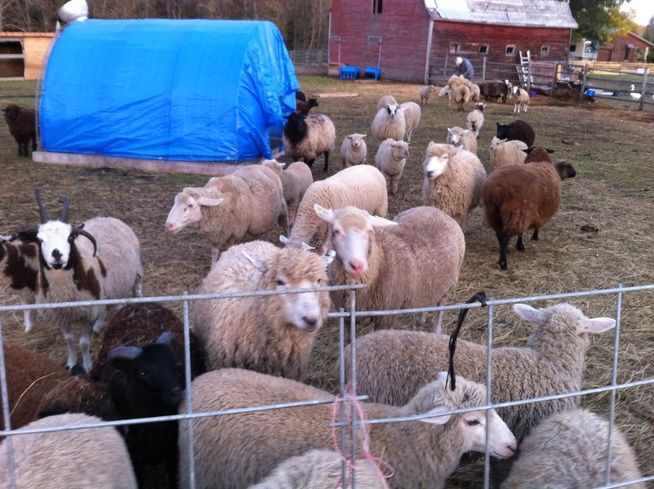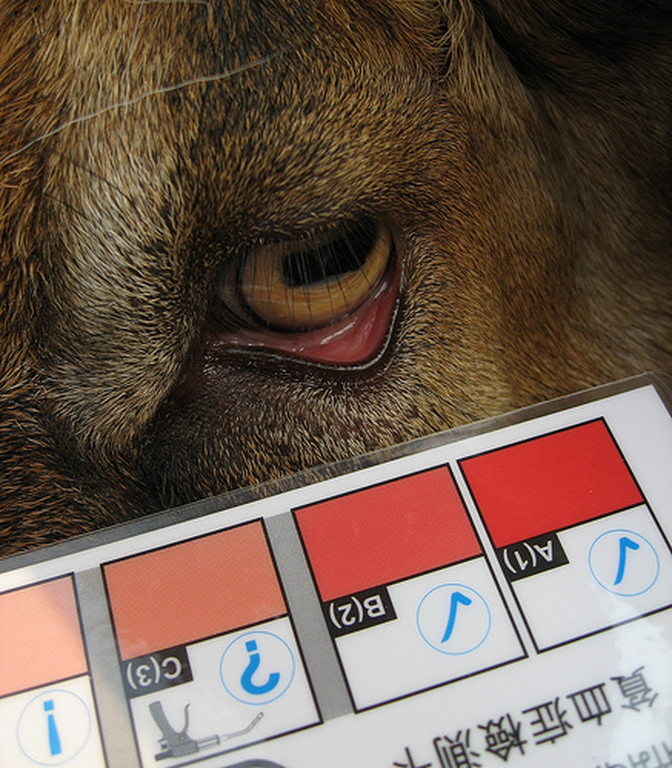
The subject of worming is very complicated with all the critters on the farm and the cross contamination from some species to others, such as the dogs and the sheep. This is a small farm with a total of nearly 50 sheep and on hands management is possible due to the small numbers. Daily, I go into the sheep pens and watch and check various animals. When there is no response to the garlic, then and only then, does the animal get a chemical wormer, but they likely will also get their walking papers if this occurs frequently. For now, the garlic and sometimes herbs and garlic method seems to be working for the most part. It is part and parcel of a whole farm organic management emphasis and to create a worm free flock will take years, breeding and selecting only the sheep that are naturally worm resistant. Then, those sheep will be amazing. I hope I am around to do it and see it.


 RSS Feed
RSS Feed